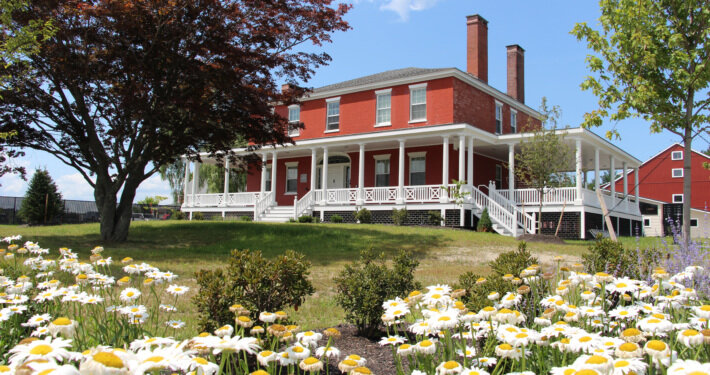Historic Tax Credit Provisions REMOVED from bill!
Last week, a new iteration of the reconciliation infrastructure bill was released and was significantly reduced in scope, excluding the Historic Tax Credit (HTC) enhancements and many other community development incentives that were in a prior bill.
With a very limited amount of time to influence the legislation and knowledge that the HTC is currently "out" of the bill, now is the time to tell your federal legislators how much HTC improvements mean to you. As we're seeing in the national news, Congress is poised to move forward on infrastructure legislation, including a vehicle that could carry HTC provisions, as early as next week.
For months, Greater Portland Landmarks has joined preservation supporters across the country to advocate for improvements to the federal Historic Tax Credit program. It's critically important that our members of Congress hear from YOU!
How You Can Help
Sign the National Trust Sign-on Letter
The National Trust for Historic Preservation has organized a National Sign-on letter to encourage congressional leadership to include the HTC enhancement provisions in the final bill. Click here to sign the letter.
Continue to Reach Out to Maine’s Members of Congress
Please ask for Historic Tax Credit enhancement provisions, not included in the “Build Back Better” framework, to be included back in the final reconciliation bill.
Call the Capitol Switchboard to connect with Maine’s Members of Congress: 202.224.3121
Introduce yourself as a constituent and provide our legislators with a message like:
"The Historic Tax Credit is the single most important tool for historic preservation. Though the HTC provisions were included in the Ways and Means bill in September, HTC provisions were not included in the recent “Build Back Better” bill. Please make sure to include the HTC provisions in the final reconciliation bill. These provisions would benefit projects from Main Street revitalizations to large-scale rehabilitation while also supporting community revitalization and climate change mitigation.”








